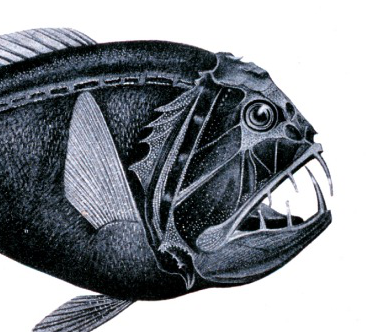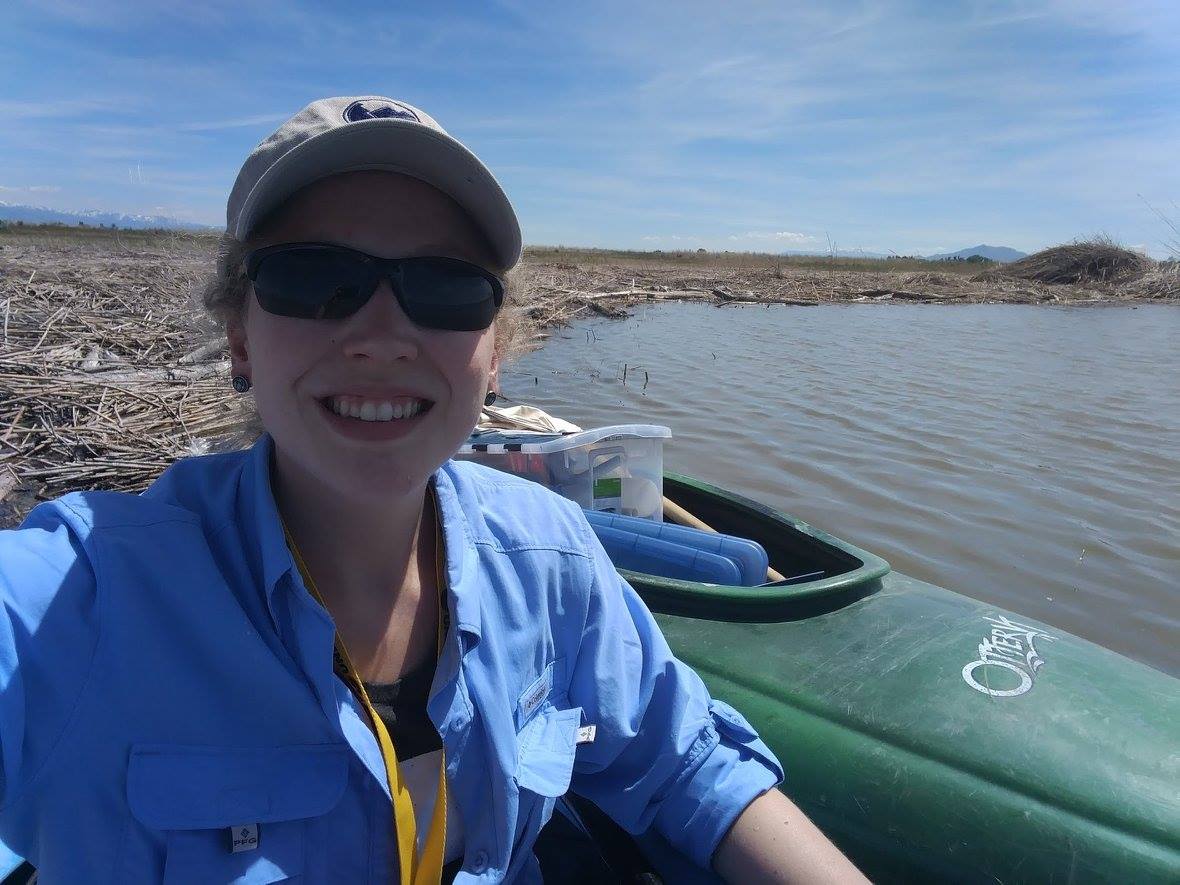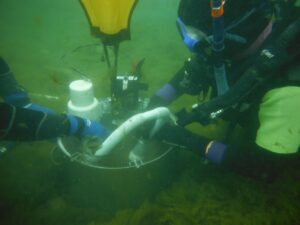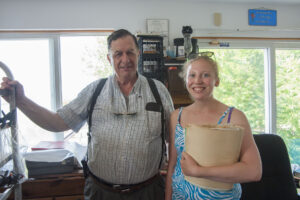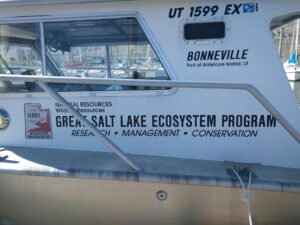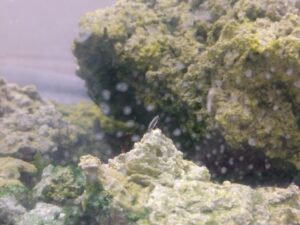Water is the greatest link that connects us to each other, the natural world, and of course, the oceans. It flows through our veins, and on earth, it meanders, ebbs, and flows, leading us to discover new, and sometimes unexpected, knowledge about the world around us. I believe each of us has a unique connection to the water, be it on the coasts, out at sea, or even inland, on the shores of lakes, wetlands, and streams.
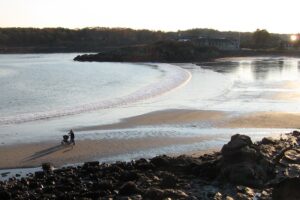
The ocean first cast its spell over me during summer trips with my grandparents to York Beach, Maine. I will never forget that unmistakable scent in the air when you know you are getting close to the ocean, and it is a smell that conjures so many memories and feelings of adventure and wonder. Each morning and afternoon my grandfather would take me down to the beach, where I would search diligently for sand dollars and crabs.
My favorite place, though, was not the beach; instead, it was along the coastline, where huge blocks of granite, carpeted in sea urchins, held untold stories of the tiny sea critters lurking in the tidal pools. With my bucket and plastic shovel in hand, I would sit and wait, watching the different pools to see what treasures I would find. It was these moments, of picking up rocks, leafing through piles of seaweed wrack, that I discovered my love for searching for those things that do not always make themselves apparent; to find them, you must implore them.
Since those summer days of years past, my research has taken me to the depths of freshwater Lake Ontario to the ever-salty brines of Utah’s Great Salt Lake. Working in each of these systems taught me the value of appreciating the tiny organisms that you cannot see so easily from the water’s surface: just because you can’t see it, doesn’t mean it isn’t there or that it isn’t important. Although these places may seem far-removed from the ocean, I never forgot about the time I spent on the shores of Maine. I wanted to find some way to be connected to the ocean again.
By some stroke of luck, I learned about Oceanbites in 2016 during my first year of my Ph.D. program at Notre Dame. While I was still navigating the uncharted waters of GSL, I had to answer that seaward call, and so I took a chance at applying to become an author. And I am so glad that I did, because from my first blog post, to now, my love and wonder for the ocean has only grown stronger and made me more aware of the connections between apparently separate ecosystems.
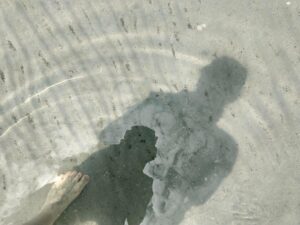
When I first started writing for Oceanbites, I had virtually no clue about what it meant to write in a science communication style. Throughout college and graduate school, I had so many experiences in the aquatic systems that I love and care about. From SCUBA diving to observe a manmade reef in Lake Ontario to paddling among the wetlands and open waters of GSL, I collected wonderful images and memories of the smells, sights, sounds, and even tastes, of those systems. But when it came to writing my thesis and dissertation, there was little room to adjust the lens and include the stories I experienced while working in the field, or of the sense of wonder these watery worlds evoked in me.
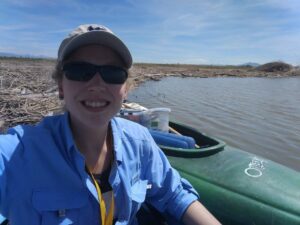
Oceanbites opened my eyes to the fact that you indeed can make room for that sense of wonder in scientific blog writing. This challenged me to think about new ways to write about science that are inclusive to anyone who wants to learn about the oceans. I quickly learned the value of writing in a way that brings the reader along with you; to write about marine science research in a way that includes imagery, anecdotes, and a sense of community with other authors and readers. Each month, I learned to appreciate the constructive feedback that my fellow Oceanbites editors had to offer me, each one a gentle reminder that edits are an opportunity to learn and improve in each post.
In writing for Oceanbites, I learned to weave different aspects of my fond memories of summers spent in Maine into topics ranging from microscopic phytoplankton and kelp forests to hydrothermal vents. Scientific writing and reading are rigorous, but we all go to the ocean or any water body at some point in our lives, and each of us deserves to know about the incredible discoveries that are continually unfolding. I will carry with me the invaluable skills and lessons learned about talking with people about science, and giving people opportunities to learn, and to experience that sense of wonder.
Kate received her Ph.D. in Aquatic Ecology from the University of Notre Dame and she holds a Masters in Environmental Science & Biology from SUNY Brockport. She currently teaches at a small college in Indiana and is starting out her neophyte research career in aquatic community monitoring. Outside of lab and fieldwork, she enjoys running and kickboxing.
